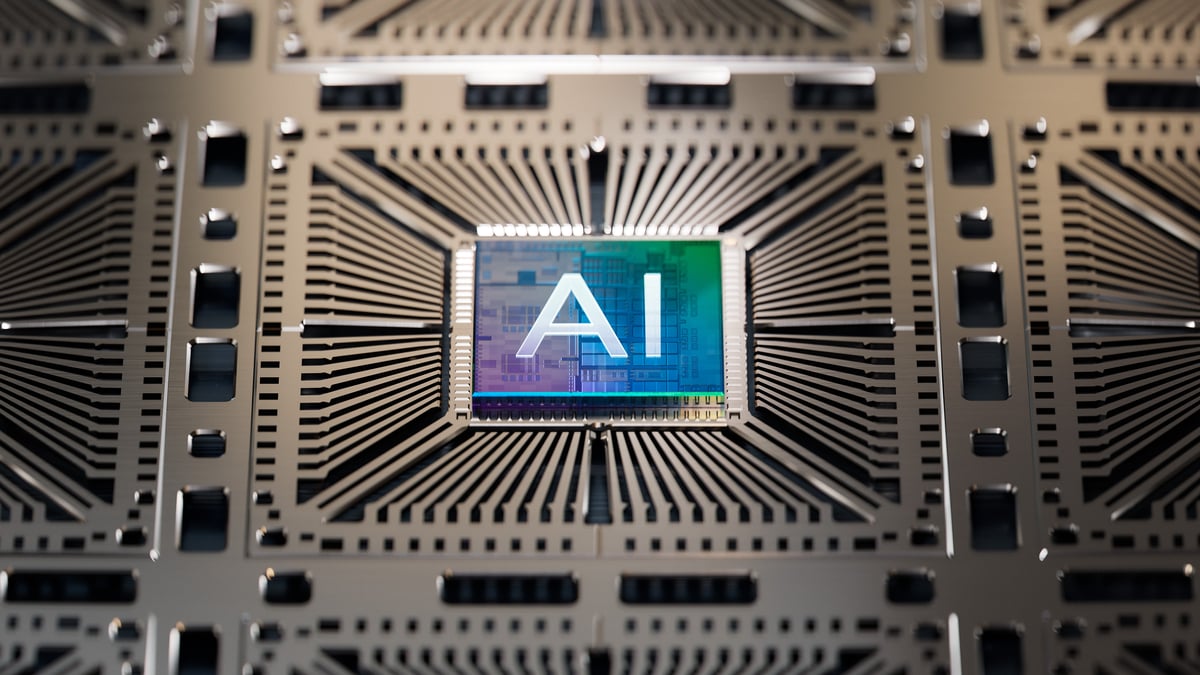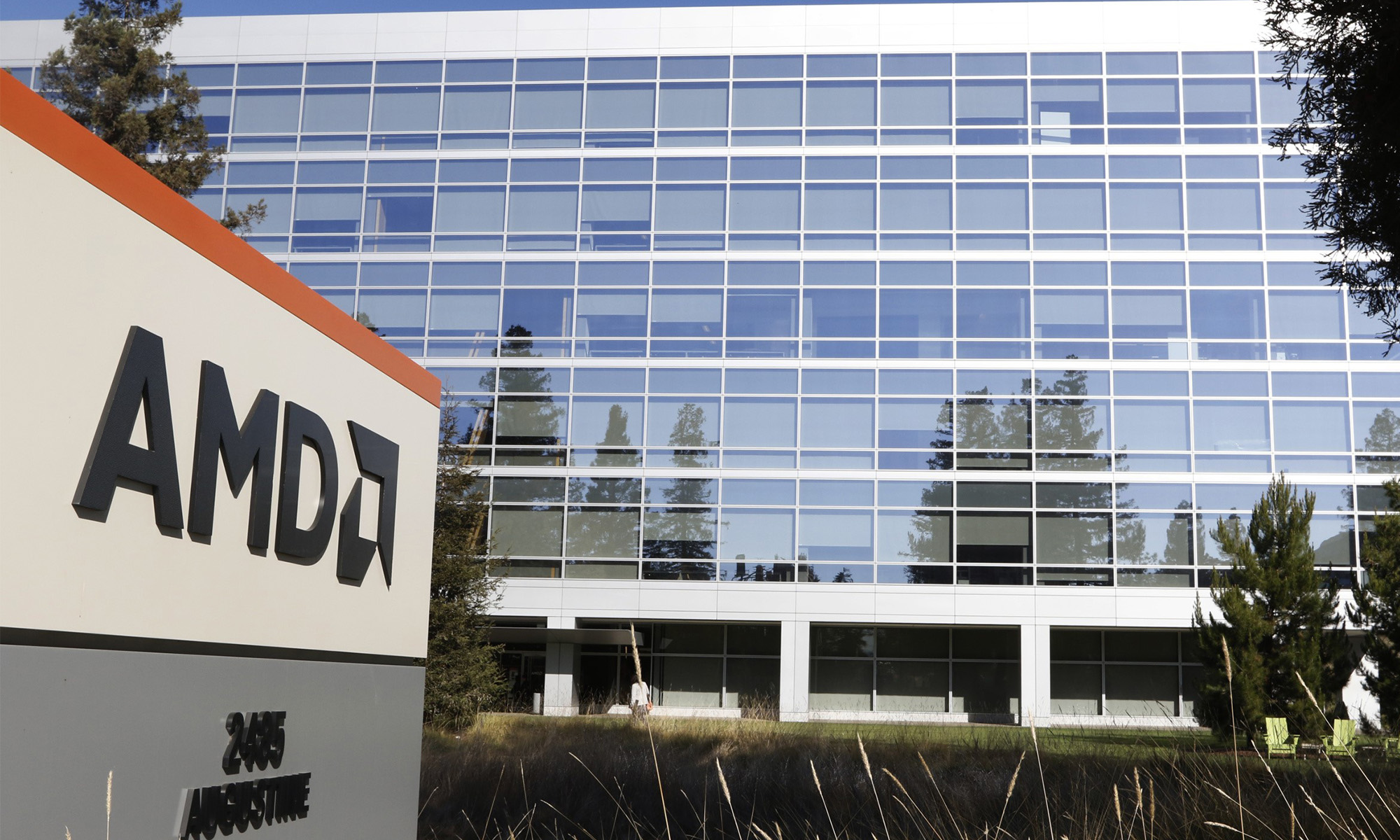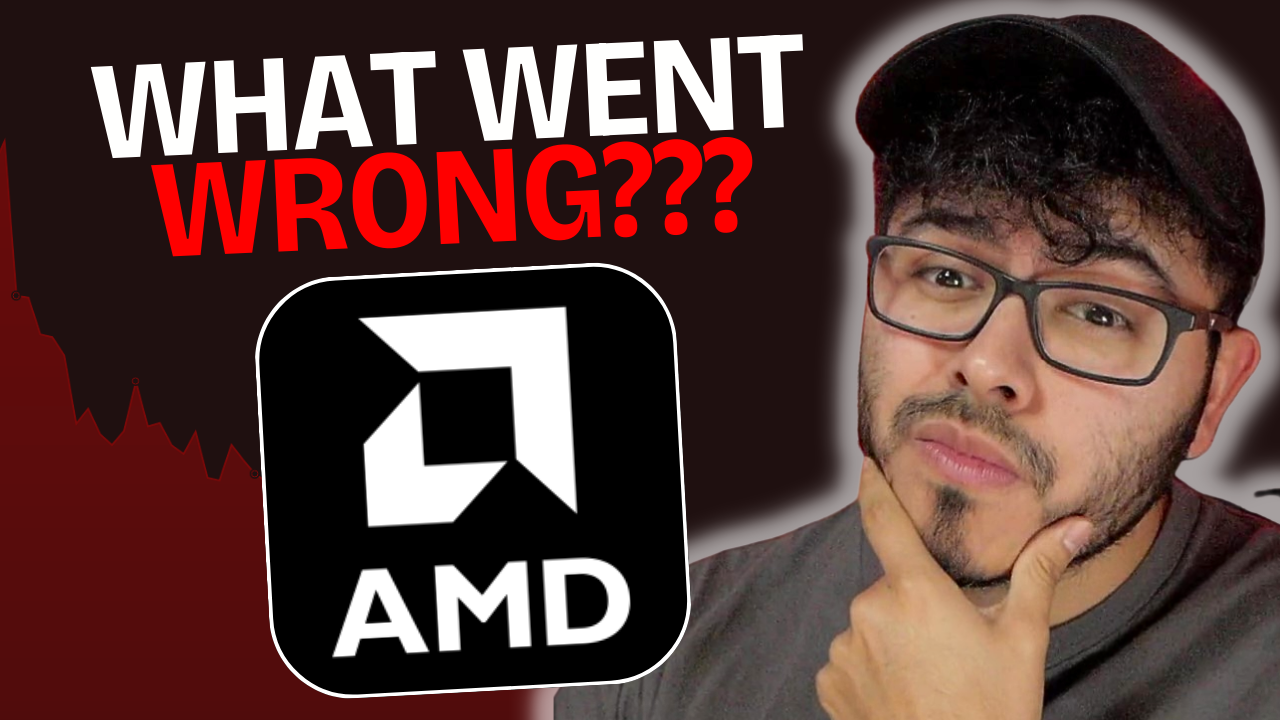The lower shares of Advanced Micro Devices (AMD 0.67%) go, the wilder the buyout rumors seem to get. This time, we have KitGuru reporting that it's heard that software giant Microsoft (MSFT +0.24%) is interested in buying the struggling chipmaker.
Microsoft reportedly "approached AMD several months ago," but the results of the talks are "unclear," according to the report.
Details of this rumored acquisition end there, but KitGuru's Anton Shilov suggests that buying AMD could help Microsoft save "around a billion per year on Xbox One chips." He then further suggests that if Microsoft could get AMD to put together "appropriate chips for smartphones and tablets," Microsoft could save even more money.
I think this "rumor" is unlikely to have much substance, and the cited rationale behind such a deal is tenuous at best. Here's why.
How much money would Microsoft really save on Xbox One chips?
The first argument that Shilov makes is that Microsoft could save about "a billion per year" by no longer having to pay a third party to buy chips for the Xbox One. However, it's my understanding that Microsoft essentially funds the development of the chip upfront, relieving AMD of the R&D burden associated with the chip development.
In exchange for funding the development, the per-unit margins that AMD is able to command when it actually sells these chips to the customer are lower.
According to AMD CFO Devinder Kumar on the company's Q1 2014 earnings call, gross profit margin on the game console chips is lower than the corporate average. Given that AMD reported 35% gross profit margin in that quarter, we can assume that console chip gross profit margins were lower than that.
To figure out just how much Microsoft would save on console chips if it didn't have to hand over any margins, let's assume that the chips bring in a 30% gross profit margin for AMD. This would mean that Microsoft would save -- assuming KitGuru's figure of $1 billion worth of console chip sales per year -- $300 million per year in Xbox chip cost of goods sold.
It hardly seems likely that Microsoft would want to buy the entirety of AMD just to save $300 million per year on semi-custom game console chips.
Chips for smartphones and tablets?
Shilov also says that AMD could help Microsoft put together smartphone processors for tablets and phones, presumably for Microsoft's Surface tablets and its Lumia line of smartphones.
The smartphone hypothesis makes no sense, as AMD's CPU and graphics IP doesn't appear to be targeted at smartphones, and good IP can be licensed from the likes of ARM Holdings (ARMH +0.00%) and Imagination (NASDAQOTH: IGNMF). AMD doesn't bring to the table any modem technology, either, which is critical for smartphones. If Microsoft were really interested building phone chips, AMD is hardly the go-to M&A target for that.
In tablets, such an acquisition might make a little more sense, since AMD brings to the table an X86 license. However, I don't think Microsoft has the scale with its Surface and Surface Pro line of systems to justify the huge R&D expense of trying to out-engineer Intel's (INTC +10.90%) low-power X86 offerings.
This just doesn't sound plausible
I'd say that this rumored acquisition is highly unlikely. As of writing, the rumor seems to be pushing the stock higher in after-hours trading, but I wouldn't be surprised if any buyout-rumor gains eventually evaporate -- as they have many times in the past.








